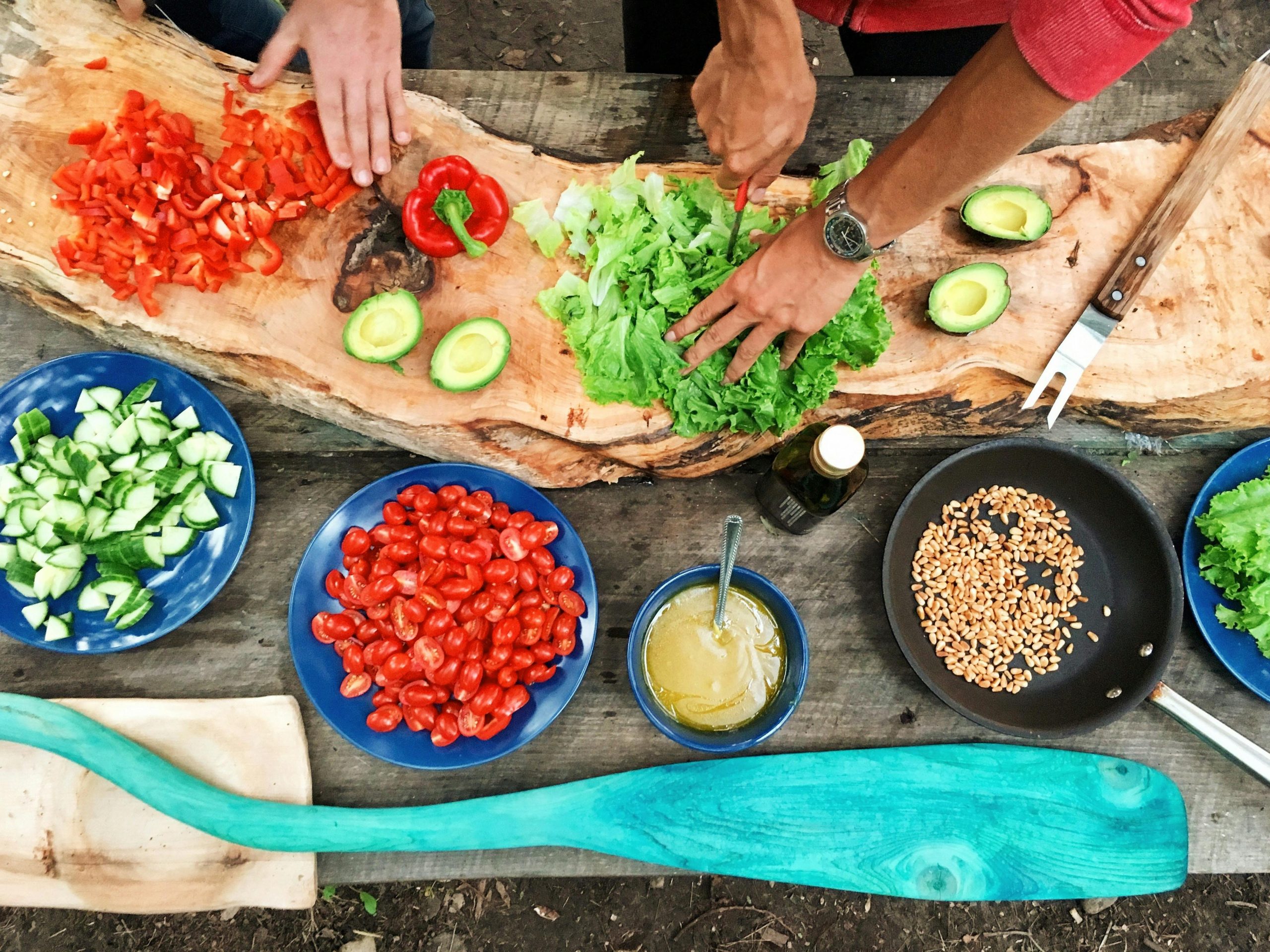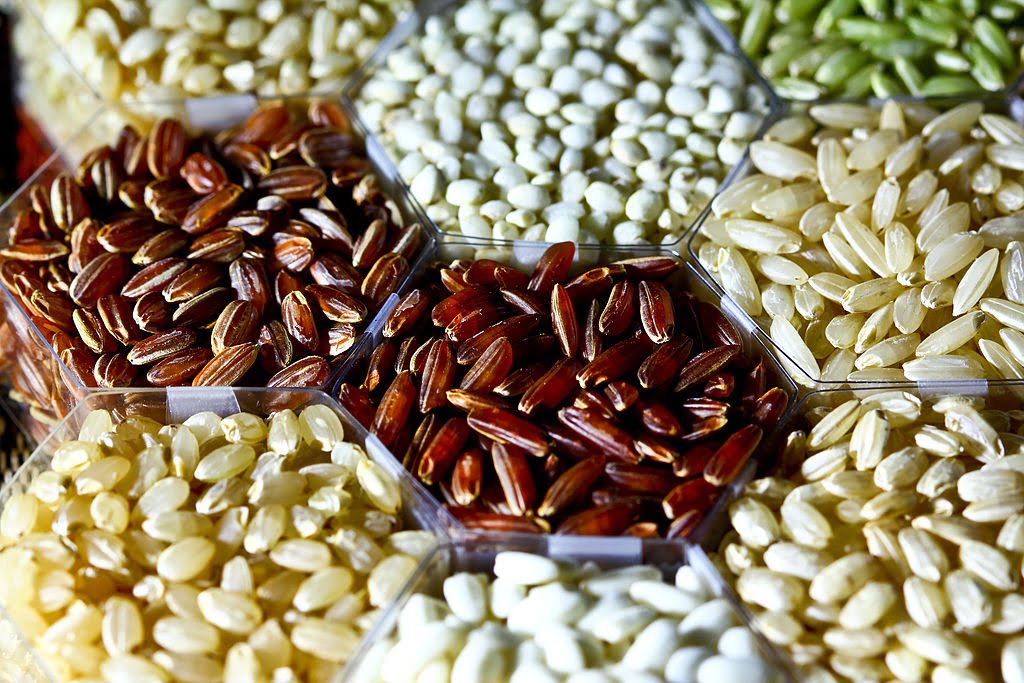Making cooking at home essential often involves blending practical benefits with personal enjoyment. Here are some strategies to make home cooking a more integral and enjoyable part of your life:
Giftree provides best quality grocery products and deliver to your door step
- Set Clear Goals: Identify the reasons for increasing the frequency of preparing food at home. For instance, it could be about health, economical conditions or love of trying new recipes. Such clear objectives will keep you focused.
- Plan Meals Ahead: Come up with a meal plan for an entire week in advance. This saves time, reduces stress and guarantees that all ingredients needed are within reach. Meal planning apps or even a simple calendar can help in keeping you organized.
- Stock Your Pantry Wisely: Have various essentials like cereals, tinned goods, spices, and oils stocked in your kitchen shelves.This way you can prepare meals without having to go out shopping now and then.
- Invest in Good Equipment: Enjoyable and efficient cooking needs quality kitchen tools. Some important items include top-quality cookware, such as sharp chef’s knife for safe chopping activities or strong chopping board.
- Make it Fun: Cooking should be fun activity too.Listen to music or podcasts while cooking; alternatively family members may join you in the kitchen.Exploring new recipe ideas can also be an interesting thing to do.
- Batch Cooking and Prep: The ingredients should be prepared ahead of time or cooked in batches.
Cooking at home has the potential to have many positive effects on your health, finances and overall well-being. Here are some of the key advantages:
1. Improves Health: Control over Ingredients: You control what goes into your food; thus you can include healthier constituents as opposed to too much salt, sugar and unhealthy fat.
2. Portion Management: A homemade meal allows you to handle portions sizes which is good for weight loss and also prevent one from overeating.
3. Nutritional Value: Home cooked meals that are less processed or takeout options tend to be fresher and have more nutrients. It is possible for you to concentrate on having various vegetables, grains whole as well as proteins lean.
4. Reduced Allergen Exposure: Preparing your own foods minimizes risks of being exposed to allergenic substances and preservatives usually found in hotel or even packaged dishes.
Financial Upsides
1. Savings: In general, cooking at home is more cost-effective compared to eating out or takeout. You can buy ingredients in bulk and use them for various dishes.
2. Minimized waste: If you plan and cook meals, you will control food wastage better. This means making use of everything that you have so that there is no need to buy other things.
Time Management and Convenience
1. Flexible Timing: All day you are able to decide what to cook and when to cook, unlike when ordering in restaurant or waiting for delivery.
2. Meal Prep Efficiency: Cooking cuisines in advance and utilization of left-over foods can help particularly when preparing week-night foods which are usually time-consuming.
Personal and Emotional Benefits
1. Creative Outlet: It is also strategic to regard cooking as the prospect of art because it is often entertaining. Trying out as well as cooking new meals and ingredients can be fun and creative.
2. Stress Relief: Culinary activities are viewed by many as a non-stressful process, which in general contributes to the lowering of stress in people. There are few things in life more calming than preparing a meal and cooking food.
3. Sense of Accomplishment: Cooking a meal from ground up maybe not only be satisfying, but is also be a source of pride to have made.
Social and Family Benefits
1. Family Bonding: Preparation of foods jointly is considered as family affair where family members possibly can involve themselves and can successfully complete the chores they are assigned with.
2. Cultural Connection: Cooking traditional meals is a way to keep a link with your origin and introduce recipes to other people.
Environmental Impact
1. Reduced Packaging Waste: Generally speaking, home prepare meals do not entail as much packaging as pre-packaged or fast foods, which in turn limits your effect on the environment.
2. Sustainable Choices: You can order fresh, locally sourced, chemical or non-organic, or fairly traded ingredients, hence promoting environmental or fair consciousness







